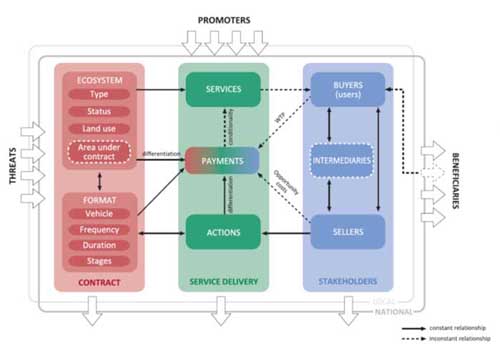Payment for water ecosystem services
This page is no longer updated. The information presented here formed part of our previous areas of research. This has included research carried out on behalf of our research partners, commerical contracts and also the Scottish Goverment's Strategic research programme during the period 2011 - 2016.
 We have left these pages here to provide background information on our previous areas of research. Further details on the RESAS strategic programme of research (2016-21) will be made available.
We have left these pages here to provide background information on our previous areas of research. Further details on the RESAS strategic programme of research (2016-21) will be made available.
Further details on why we archive pages can be found on the following page.
Figure 1:
 This research was funded by the Scottish Government RESAS Strategic Research 2011-2016.
This research was funded by the Scottish Government RESAS Strategic Research 2011-2016.





